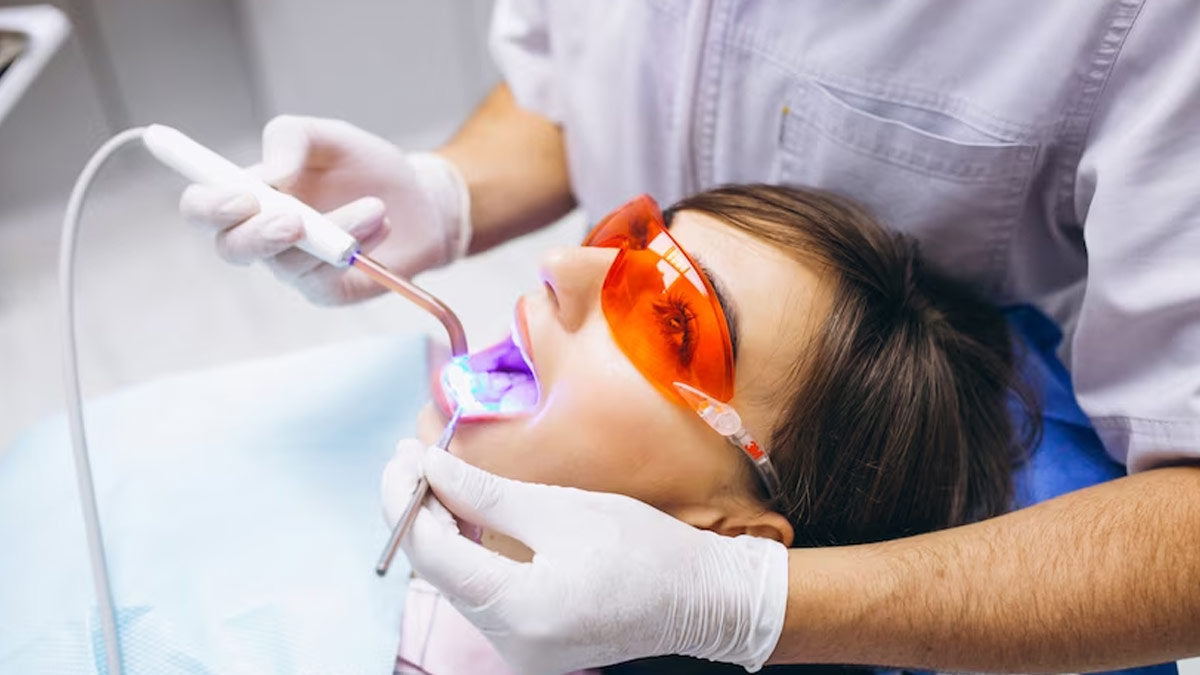When considering oral care, you probably first think of brushing your teeth. However, this may not be the only technique you should use for sustaining good dental health. While some consider scaling the teeth harmful, others argue that limiting foods high in sugar is enough to prevent cavities. These, however, are just popular myths.
There are fresh developments in healthcare daily, and the messages are sometimes mixed up. Other dental myths, passed down from earlier generations, have been present for years. With the facts, set the record straight. For more information about myths, contact a dentist in Tukwila, WA. The top dental misconceptions and myths are listed here.
Dental dos and don’ts: Unveiling common oral health misconceptions
- Sugar causes Cavities
While sugar may have a role in forming cavities, the issue is not with sugar as a whole itself. Instead, the bacteria eat the sugar. Starches, a sticky food, draw germs that flourish on and around teeth. These microorganisms build an acidic substance that promotes tooth decay. Rinse and wash your teeth to prevent plaque and acid buildup after meals.
- Gum Bleeding Is Usual
Inflamed gums are the root cause of bleeding shortly after brushing or flossing. Excessive accumulation of plaque, the beginning of gingivitis, gum disease, or other factors can cause gums to expand and start bleeding. It is not normal. Make an appointment with your dentist for a checkup.
- Harder brushing provides better cleaning.
Harder brushing is useless. The more forcefully you brush, the more harm the gum tissue and tooth enamel suffer. It might lead to other issues, including gum recession. Using a soft-bristled brush, gently clean your teeth twice daily for two minutes.
- Flossing Is Not Generally Needed
For maintaining good dental health, flossing is important. Only 40% of Americans who do floss daily do so, and one in five Americans never do so. By flossing, as much as 80% of plaque can be eliminated. Plaque deposits cause tooth decay; however, you can get rid of them by flossing every day.
- Gum Chewing Is Equivalent to Brushing
Chewing gum is not an alternative for cleaning your teeth. Some of them can help you have fresh breath and clean teeth; some dentists even suggest switching to sugar-free types instead of candy. While certain chewing gums may assist with oral health, they still cannot completely take the place of cleaning your teeth.
- White teeth are healthy.
Whiter teeth are not always in good oral condition. Teeth begin white, but they may lose that color over time due to staining or damage. The root cause of tooth discoloration may not be addressed if teeth are whitened. If you notice, ask your dentist why your teeth are losing their shine.
 Kindness and Quiet Help Everyone Enjoy the Office Entertainment Site Together
Kindness and Quiet Help Everyone Enjoy the Office Entertainment Site Together  Machine Learning with Excel: A Beginner’s Guide
Machine Learning with Excel: A Beginner’s Guide  Transforming Singapore’s Transport System The Ultimate Convenience of Promenade Peak
Transforming Singapore’s Transport System The Ultimate Convenience of Promenade Peak  Using CAGR Calculator for Business Revenue Forecasts
Using CAGR Calculator for Business Revenue Forecasts  Chencharu Close Condo Mix Development The Ultimate Address for Modern City Living with Exceptional Transport Links and Future-Ready Amenities
Chencharu Close Condo Mix Development The Ultimate Address for Modern City Living with Exceptional Transport Links and Future-Ready Amenities  How to Prevent Aches and Pains from Everyday Activities
How to Prevent Aches and Pains from Everyday Activities  Expanding Horizons Enrichment Centers and Special Education Institutions Near The Sen Condo
Expanding Horizons Enrichment Centers and Special Education Institutions Near The Sen Condo  How Commercial Cleaning Enhances the Environment in Toledo’s Dental Labs
How Commercial Cleaning Enhances the Environment in Toledo’s Dental Labs  Here’s Why a UAE Trade License is the First Step to Business Success
Here’s Why a UAE Trade License is the First Step to Business Success 




